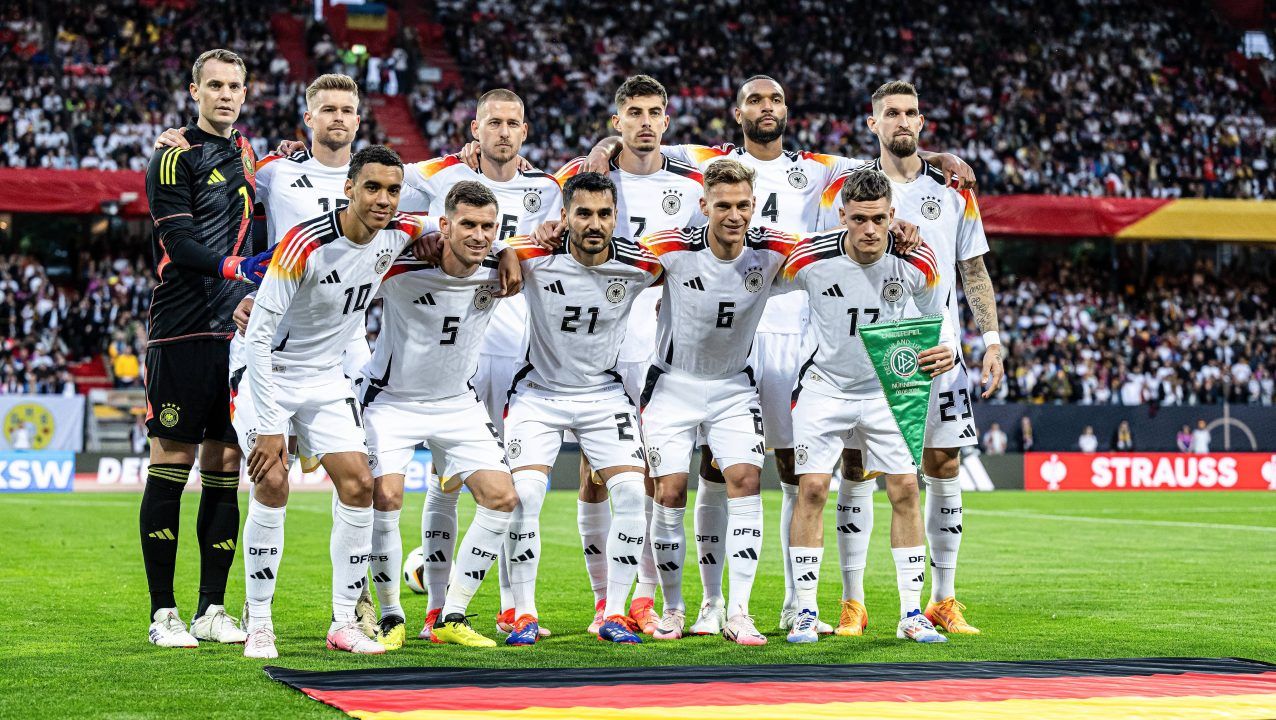Steve Clarke and his players will step on to the pitch with ambitions of taking a step towards history and becoming the first Scotland side to reach the knock-out stages of a major tournament. But for Germany, home advantage and a long history of excelling on the global stage means they carry a different expectation, and all the pressure that comes with it. The past few years have been turbulent for ‘Die Mannschaft’ and when the draw for the finals was made, plenty thought Scotland had landed the “easiest” of the Pot 1 sides.
Julian Nagelsmann’s team have had some notable results since and are out to prove that not only do they deserve to be mentioned in the same breath as Spain, England and France, but that they can beat the rest to lift the trophy in Berlin a month after opening the tournament. Being awarded automatic qualification as hosts can be something of a dubious privilege. It may ensure there’s no danger of failing to reach the finals and having to welcome other teams to a party you can’t participate in.

But there’s also the fact that your team is robbed of competitive games to prepare for a tournament you’re expected to do well in. Germany’s preparations for the Euros have been played out in a series of friendlies – and results have been mixed to say the least. Since the last World Cup (and not including Friday’s match against Greece), the national team has played 14 friendlies.
Five have brought victories, three have ended in draws but six .
















